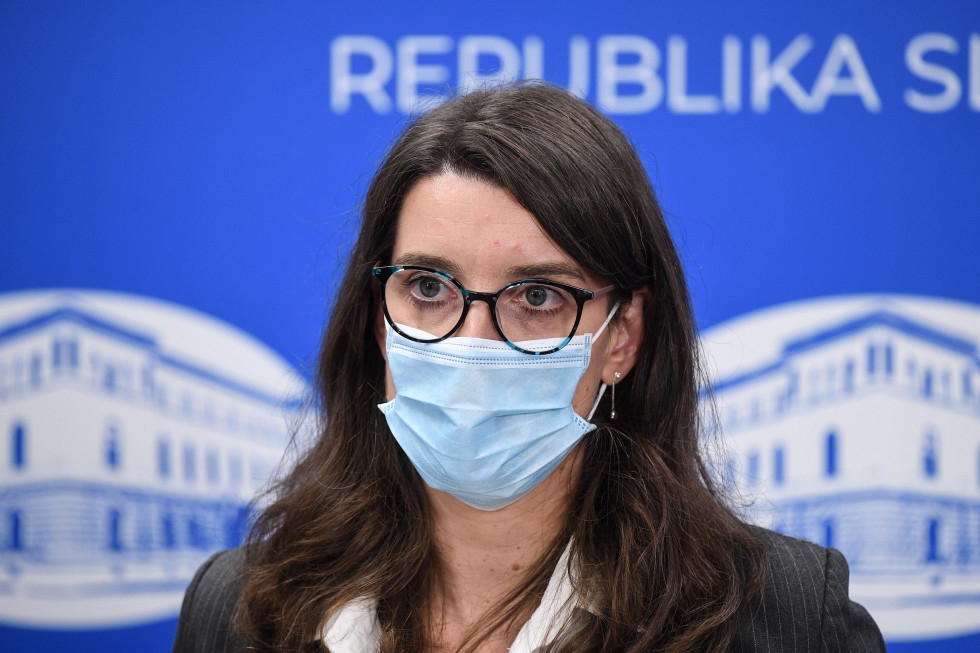By: UKOM
EU ministers responsible for research discussed today the links between recovery and resilience plans (RRF) and the European Research Area at an informal videoconference.
At the meeting, the Minister of Education, Science and Sport, Dr Simona Kustec, emphasised that the RRF plans are an excellent opportunity for promoting key structural change and investment in the framework of research and innovation: “For this reason, the RRF must give clear priority to the green and digital transition of society and the economy. Without research and innovation, there will be no such transition,” said the Minister. She added that she also saw in the RRF an opportunity to increase the efficiency of public investment in research and development, to promote public–private partnerships, and to transfer or use the achievements of research and innovation in the economy and society. “However, for public investment in research and innovation to achieve effects and results, it is necessary to reform and improve the governance of the research and innovation system and to ensure effective stakeholder coordination, stability of financial instruments, increased public investment, and the promotion of the development of research and the innovation ecosystem,” stressed the Minister at the event.
Most ministers agreed that in order to optimise the effects of research and innovation, it is essential to promote investment in partnerships and missions, the development of data infrastructure and skills for open science, high-performance and quantum computing, the use of the “Seal of Excellence” concept, and the co-financing of other projects rated good or excellent. The Minister and other ministers also highlighted synergies and horizontal integration. In seeking and exploiting synergies in international projects within Horizon Europe, it is crucial to take into account the purpose of the various financial instruments, the available funding, the timeframe, the level of project readiness and, of course, the expected or possible results.
At the meeting, the ministers also highlighted the successful Kick-off meeting for the European Research Area Forum for Transition, organised by the European Commission. This is an important step towards the creation of a new, more efficient governance system for a reformed ERA, which would bring concrete results to society. The new governance of ERA will be one of the key priorities of Slovenia’s forthcoming Presidency of the Council of the EU in the second half of the year. At the virtual meeting, the Minister accordingly pointed out that the Recovery and Resilience Facility is also an important tool for achieving a well-functioning European Research Area. However, she also stressed that, in addition to this facility, we need strong political commitment, appropriate coordination between countries at the EU level and a coordinated approach between various stakeholders at all levels. The Minister also emphasised the relevance of ERA in an important panel discussion at a video conference of the European Science|Business Network, which brings together leading organisations from the worlds of industry and research at the EU level. In addition to the Minister, Executive Vice-President of the European Commission and Commissioner Margrethe Vestager and the Portuguese Minister for Science, Technology and Higher Education, Manuel Heitor, also participated in the panel discussion. Both pointed out that the key to successful recovery was integration, cooperation and greater efficiency in the governance of the European and global research areas.
Source: gov.si

